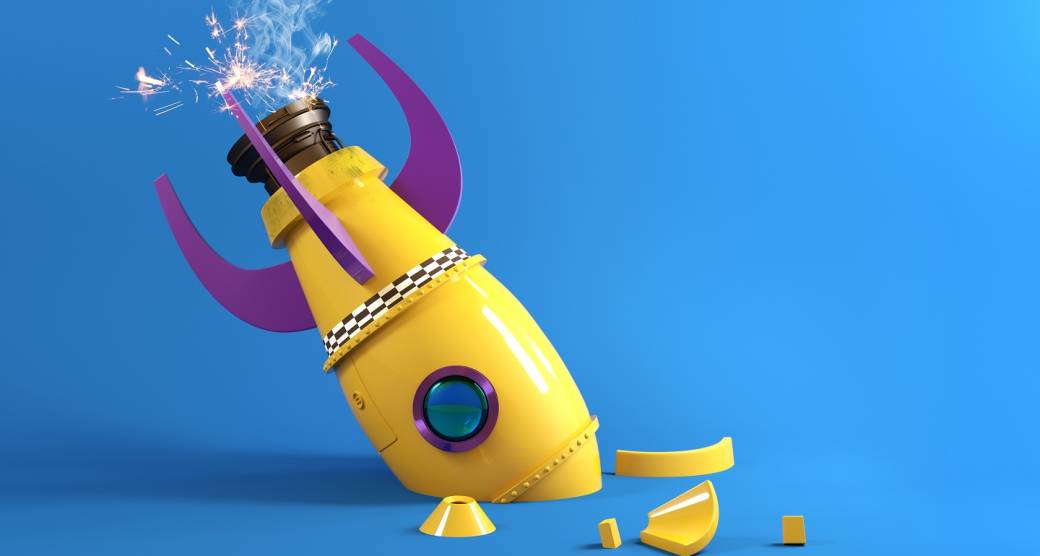Failure: Own your scars
07 April, 2021 Reading: 3:04 mins
I was part of a heartfelt and powerful session on failure, as part of the recent Rising Festival.

I was part of a heartfelt and powerful session on failure, as part of the recent Rising Festival.
The highly emotional conversation and personal revelations were amazing (and a little confronting). They left me feeling that failures really can teach us more, perhaps even embolden us to try new things, and we don’t talk enough about this.
The fact is we all fail at something, whether it’s obvious things like exams or more subtle things like a personal exercise goal. These are the small kinds of failures, that as a society we do talk about. I’d call them small because they probably have no real effect on the rest of our lives. But perhaps it’s because this was a group of women – a gender stereotype but in my experience a truth – the talk went deeper, with everyone talking very openly about bigger, significant failures: the kind that leaves a scar of memories and feelings, and which we talk about rarely. Whether it was missing out 18 times on a promotion, businesses folding because the business model wasn’t viable, or even Soraya Jones’ cancer diagnosis, there were moments when everyone felt they had really failed. Even more significant than those though was the advice, based on the lived experience that came afterwards. I’d sum it up as follows:
- Failure is part of life, those scars make us who we are, so take a moment to sit with a failure. Be clear exactly where you could have influenced the outcome, and where you actually couldn’t. See it for what it is, part of life’s ‘snakes and ladders’, then move past it
- Feeling like you’re at a dead end is also an opportunity: to reframe, to change the rules, to move in a different direction. The business that wasn’t viable ended up giving its IP to the NHS and still making a difference. Julie Spence, former Chief Constable of Cambridgeshire Police whose 18 failed applications pushed her to belatedly try coaching and saw her succeed soon after at the 19th attempt. Jelena Aleksic’s early struggles to make friends repeated themselves as she was forced to abruptly move to new countries and schools – these eventually made her an expert at analysing organisations and how people behave. And my own experience of a first birth that really didn’t go to plan hit me hard, but it pushed me to learn about natural birth and train as a doula, helping give better kinds of birth experiences
- All the panel members saw huge value in coaching or counselling: an impartial expert to help you process events and set goals
- In life – and particularly in leadership roles – you need to manage your emotions in the moment, but find the right means to let stress emotions out
- We have to avoid veering from openness and self-deprecation into a negative self-view and talking ourselves down. Internal dialogue will happen anyway, but use it wisely. You probably see your failures in a far harsher light than anyone else: do think about them but also have self-compassion, take a little time to care for yourself.
Owning your scars, internalising and learning from them is often the root of important wisdom or big life decisions. Failure can be a chance to take stock, then bounce back…and bounce Back&Bold! As Hilary McLellan put it: ‘we should meet and look failure in the face, because it’s part of the journey to something else, and that’s generally a bigger success.’
